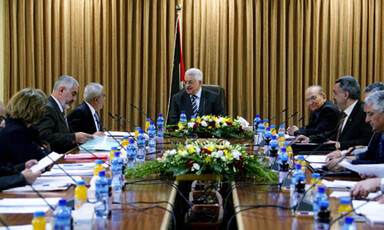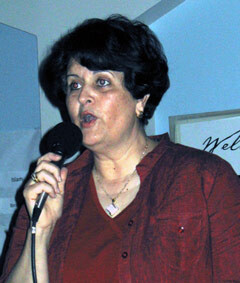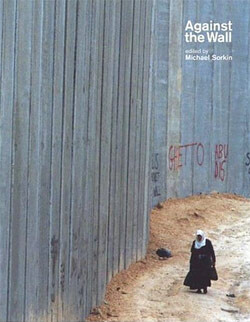
Mahmoud Abbas' war against the Palestinian people
10 August 2007
A source who works directly with Palestinian Authority President Mahmoud Abbas’ ministers in the unelected and illegal “emergency government” of Salam Fayyad in Ramallah wrote to me that “Abbas has explicitly ordered the Rafah border to close and remain closed with the purpose of strangling Hamas.” The source, who was motivated to speak out by his outrage, but requested anonymity because he fears reprisals, added that Abbas “is ready to see his own people die for his political games.” Ali Abunimah comments on the effects of Abbas’ policy of colluding with Israel. Read more about Mahmoud Abbas' war against the Palestinian people








